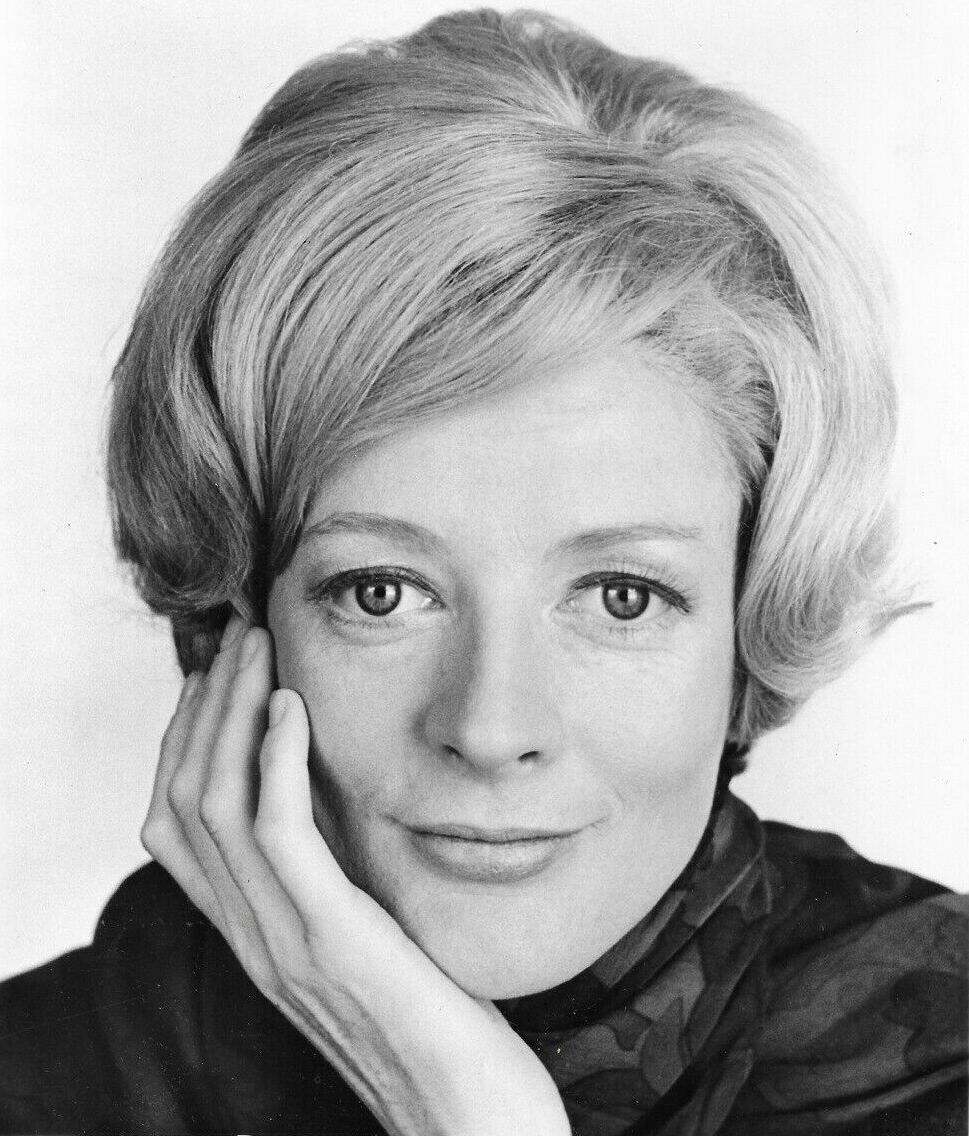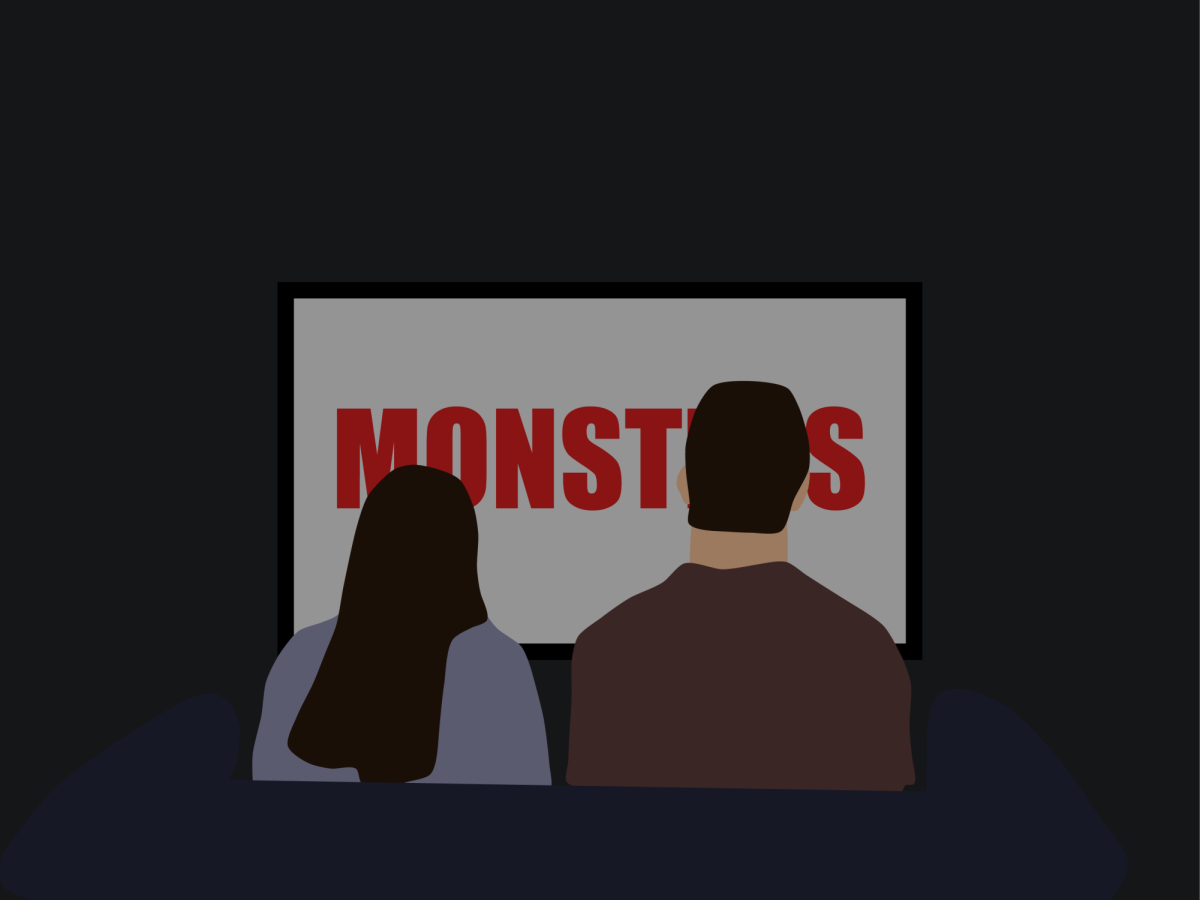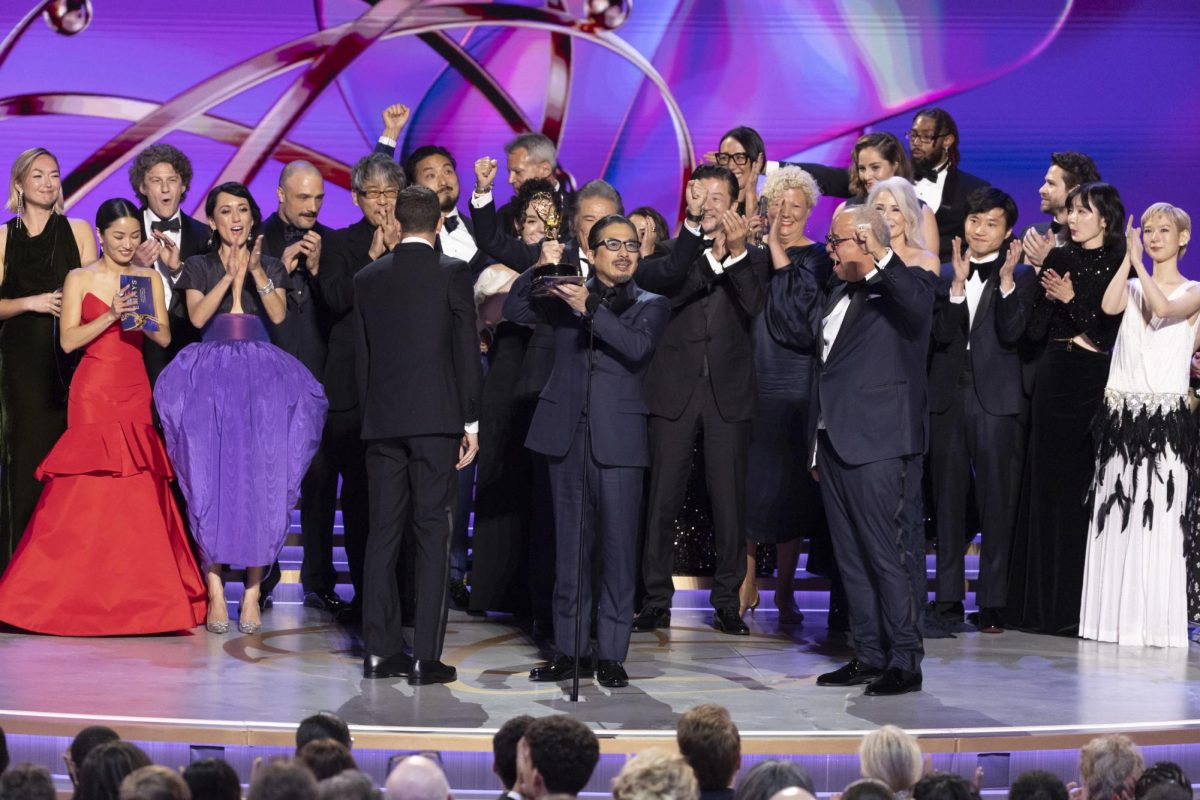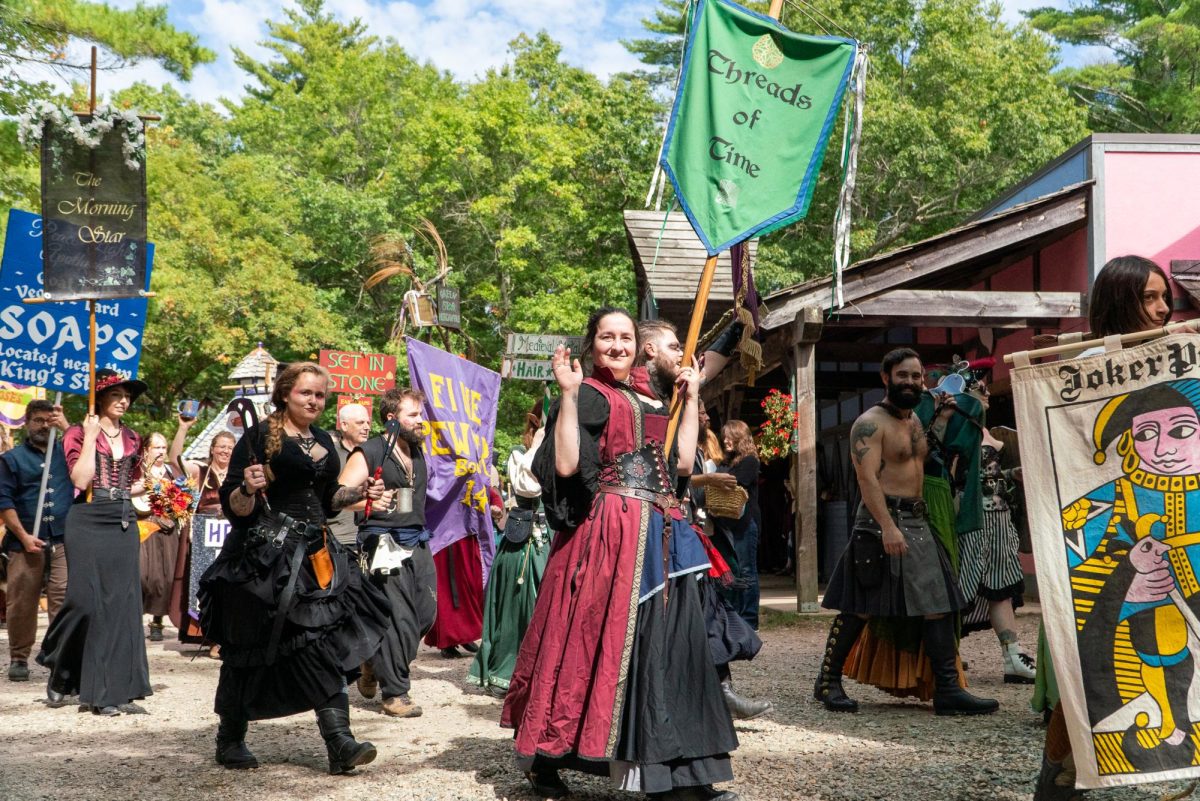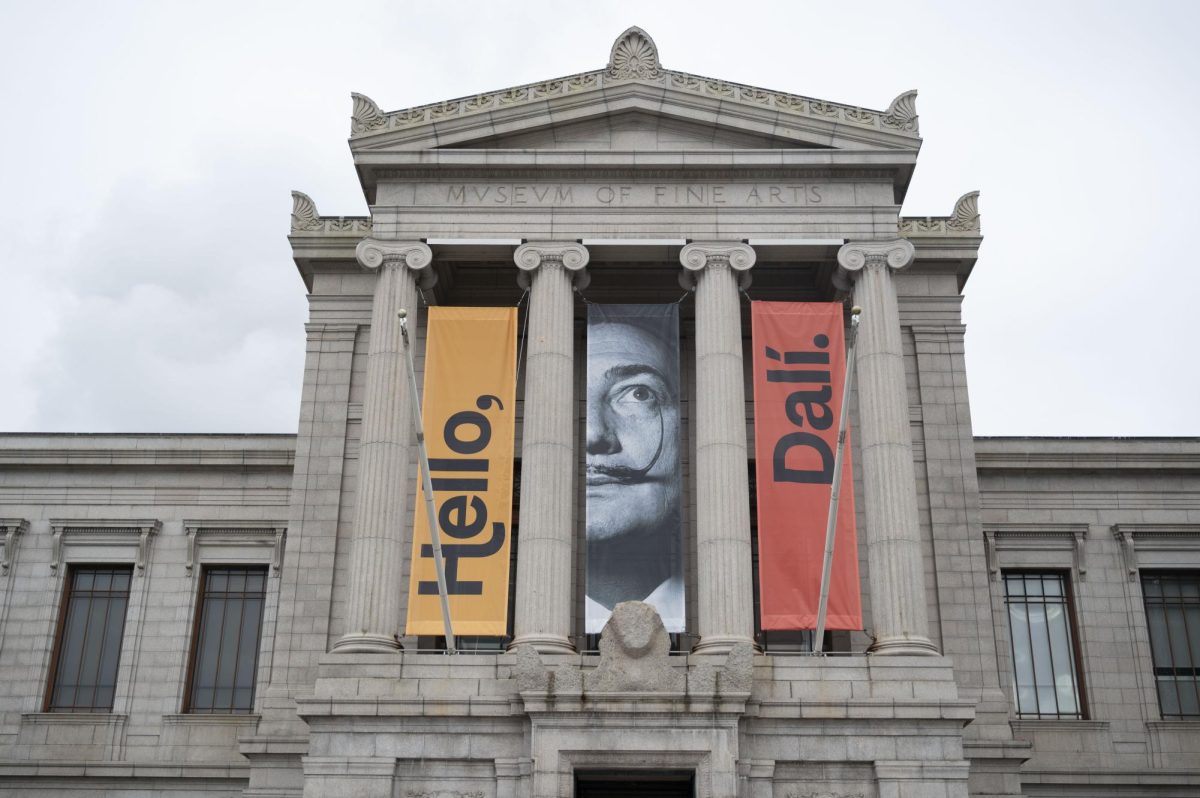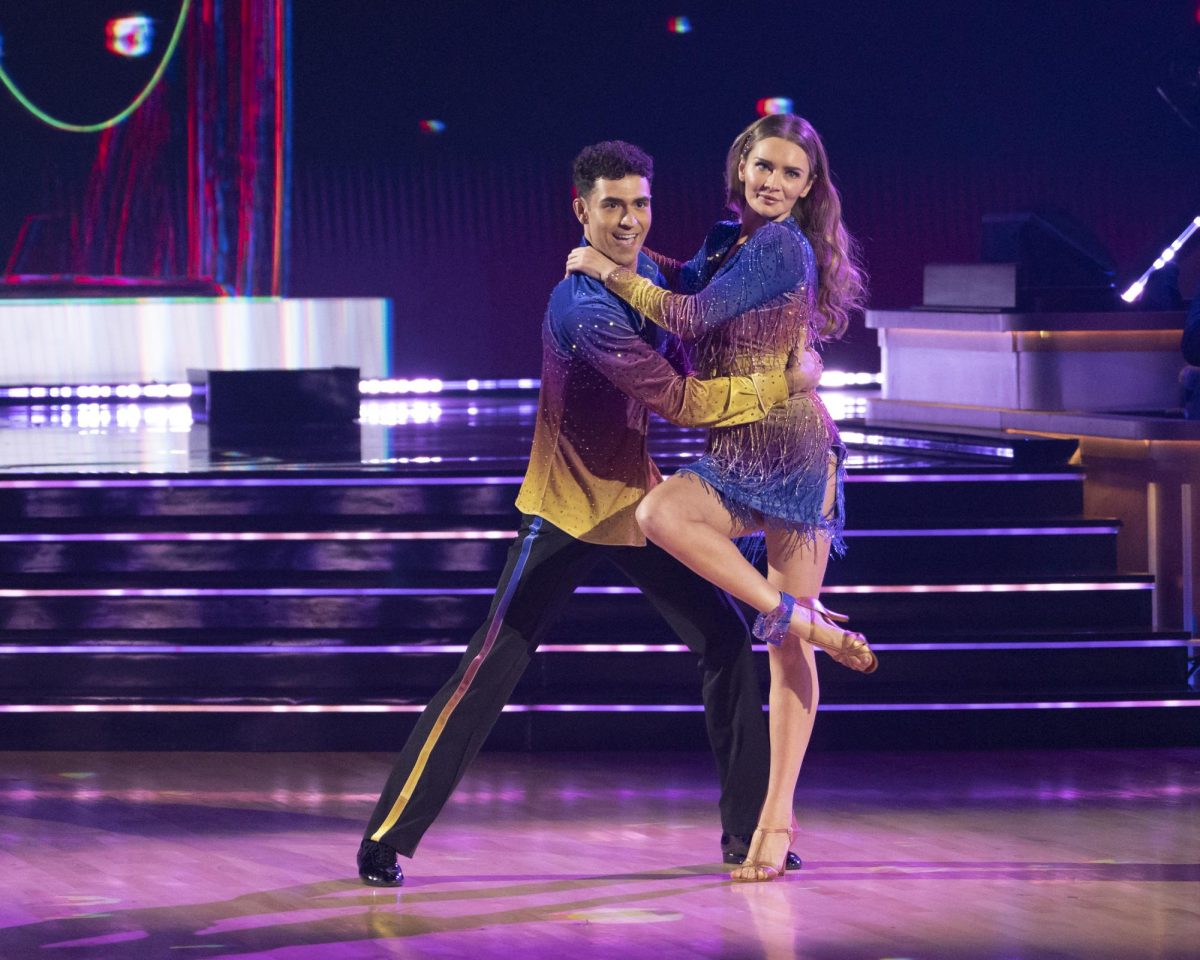The popular web cartoon series and musical “Helluva Boss” emerged in 2019 as an instant success, capturing over 58 million views with its pilot episode. Directed by animator Vivienne Medrano, the show has earned a loyal fanbase and carved out a niche for itself by exploring power dynamics and LGBTQ+ themes in a fantastically cinematic manner.
“Helluva Boss” has a compelling cast of characters brought to life by the animation team at Spindlehorse Toons and a diverse and talented group of voice actors. The representation within the voice talent leads to a deeper level of authenticity when the show explores LGBTQ+ themes. The main character, Blitzo, for instance, is voiced by Brandon Rogers, an openly gay creator who boasts a massive YouTube following. Choosing a queer person to play a queer character adds an extra layer of representation in the show, allowing LGBTQ+ audience members to relate to the character in a way that feels authentic. This is standard practice for Medrano’s voice-acting team. The voice cast includes pop sensation Ke$ha; Richard Steven Horvitz, the voice of the titular character in “Invader Zim”; Alex Brightman from the hit musical “Beetlejuice”; and season six winner of “RuPaul’s Drag Race,” Jinkx Monsoon.
The show takes place in Medrano’s crafted rings of hell. Drawing inspiration from Dante’s poem “Inferno” and The Lesser Key of Solomon’s first book “Ars Goetia,” Medrano creates a world where Satan reigns as the supreme ruler of hell and demon royalty governs their respective rings of hell. The characters move throughout the rings in their adventures, exploring the human world as well. The created hierarchies in hell between demon royalty and lower-status hell-born demons, such as imps and hellhounds, allow “Helluva Boss” to explore power and identity struggles between characters of different statuses.
The relationships between characters are the most compelling elements of the show, and within these are unique LGBTQ+ dynamics — queerness is displayed as completely normal. In a refreshing depiction of bisexuality, Moxxie (Horvitz) casually comes out to his father, a mob boss, when he tries to force his son to marry another man. Another episode explores the complex sexual and romantic relationship between Blitzo and royal demon prince Stolas (Bryce Pinkham) contrasted with the healthy, functional romance between Jester Fizzarolli (Brightman) and Asmodeus (James Monroe Iglehart), the demon of lust.
Blitzo and Fizzarolli are childhood friends-turned-rivals when the former accidentally set their family’s circus on fire, burning most of the latter’s skin as a result. Throughout the episode, Fizz and Blitzo are kidnapped and forced to reconcile. Realizing their situations are similar, both being romantically involved with higher-class demons, the two offer introspections on their partners while they daringly escape capture. The episode ends with Fizzarolli happily reuniting with his boyfriend, Asmodeus.
While popular media is keen on displaying tragic queer relationships, such as the depressing “Call Me by Your Name” or HBO’s “Euphoria,” “Helluva Boss” has no shortage of queer joy. Medrano represents queer relationships as healthy, happy and normal, even touching on the topic of consent: Asmodeus notes that love and lust are things that “must be earned” and not forced by a love potion.
Medrano’s visionary storytelling has not gone unnoticed. She recently received a Streamy Award for the show’s resounding success, further highlighting the impact of “Helluva Boss” in online entertainment. With each new episode’s release, “Helluva Boss” trends on X, formerly known as Twitter, with supporters posting fan art and discussing the latest episode. With the second season still in full swing and the promising winter airing of the remaining episodes, it’s clear that the show’s influence and importance will continue to grow.
“Helluva Boss” not only entertains and captivates its audience and normalizes queer relationships, but it also sets an example of what queer media should be. It is a palate cleanser for a queer audience starved for representation, free of incredibly intense baggage.




